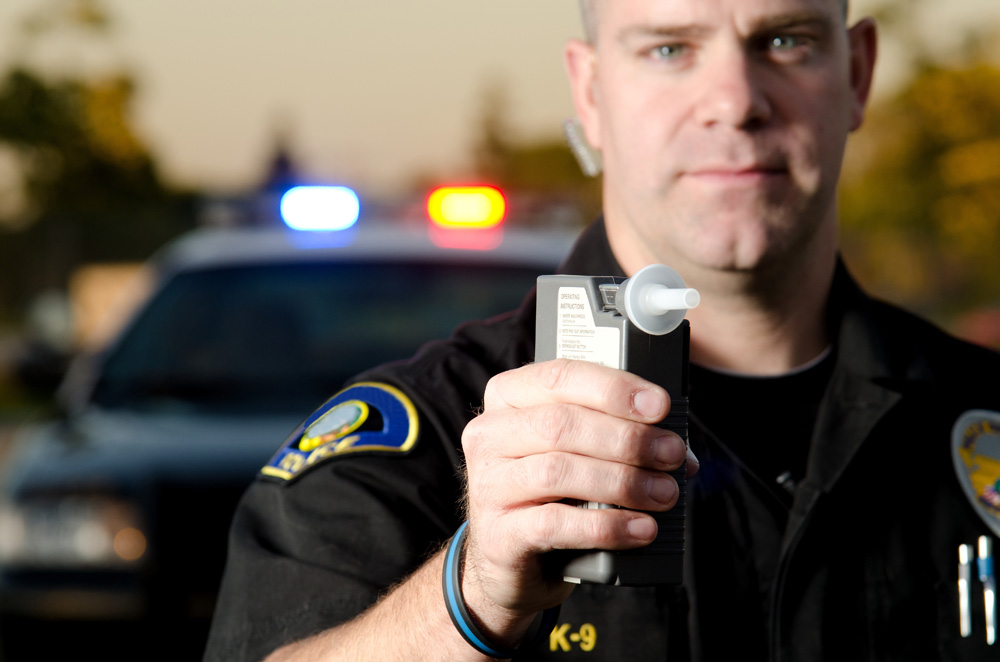You’ve Been Charged With DWI – What To Do Next…
After being released from police custody following a DWI charge, most people that find themselves accused of a DWI often wonder what to do next.
First let’s discuss what to do immediately following a DWI accusation. In most law enforcement jurisdictions in the United States when a DWI arrest is made, the accused is taken into custody. The length of time a person charged with a DWI spends in custody following the arrest varies widely from one jurisdiction to another. How long a person is held following a DWI arrest depends on the details of that person’s specific case. In the majority of cases, the accused is released on their “own recognizance” after they’ve been booked and processed. This release is contingent upon establishing that the accused individual can be trusted to show up to court for the DWI proceedings. If trust can’t be established, often times a bail amount is set and can be posted soon after booking. In some instances, suspects won’t be released until they are brought before a judge. In these cases, the judge will decide whether or not to release the accused on bail or require the accused to remain in jail until trial.
Detail Is Key – Four Things You Need To Do If You Have Been Charged With A DWI
Law enforcement officers spend an average of one to two hours documenting every detail of a DWI arrest in their report. It stands to reason that the accused should also spend at least that much time recounting and documenting their account of the arrest. That said, the very first thing someone charged with a DWI should do when released from custody is write down everything they can remember before and during the arrest. This needs to be done immediately as crucial details will fade from memory over even just a couple days time. The more details covered and notes taken about an arrest will make it that much easier for an attorney to fight the DWI charges. In fact, some attorneys advise that a defendant detail the events of their day twelve hours prior to the DWI as well. These notes should include (at the very least):
- Where you were at and what you were doing before driving?
- Exactly how much you had to drink? (Be honest! Your attorney is there to defend you and the more honest you are, the better he/she can help you.)
- How much time passed between your last drink and when you were arrested?
- What was the initial reason the officer gave for stopping you?
- Include your observations of the officer’s behavior and all instructions he/she gave to you.
- Detail everything you said to the officer.
- List where you were pulled over and details about actually pulling over. (Was it on the road, a parking lot? Were there witnesses? Was it dark or well lit? etc.)
- List and detail what tests the officer performed. (Eye tracking, walking the line, breathalyzer, etc.)
- Were you read your Miranda rights? If so, when?
- How long after your last drink did you take the chemical test?
 DWI’s are stressful if not traumatic events. There should be numerous things and details worth noting about the arrest. It’s best advised to write down everything that comes to mind about the arrest, even if you think it might not be relevant.
DWI’s are stressful if not traumatic events. There should be numerous things and details worth noting about the arrest. It’s best advised to write down everything that comes to mind about the arrest, even if you think it might not be relevant.
The second thing you should do is set or “mark” all online and social media profiles to private.
Now more than ever, police and prosecutors are using social media posts as evidence or to establish timelines that incriminate suspects. For example, if you got a DWI shortly after posting pictures of you at a bar or worse having shots, that information could be used against you.
The third thing you should do is find and list all witnesses to the arrest. Include witnesses who can account for you before the arrest as well. It’s very wise to include bartenders and cocktail servers who served you. Because of liability, bartenders and cocktail servers are more than willing to testify that they did not serve you alcohol to the point of intoxication. (In most states it’s illegal to serve alcohol to someone who is already intoxicated.)
The fourth thing you should do (within two days of the arrest) is to hire the best DWI attorney you can afford. Even with limited financial means, the best DWI attorney you can afford is always going to be better than going cheap. Also, DO NOT settle for an attorney who’s comfortable with you taking a plea bargain! For DWIs, sometimes the best defense and chance of you coming out ahead is through a jury trial.
